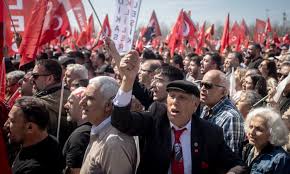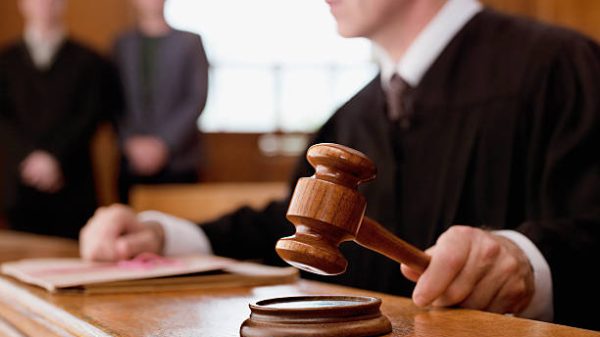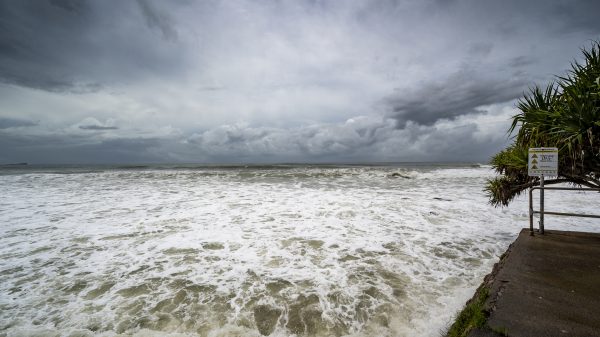Istanbul, Turkey – The Turkish government has launched an investigation into growing calls for an economic boycott following the arrest of Istanbul Mayor Ekrem İmamoğlu. The move, which has sparked heated debates across the country, follows İmamoğlu’s controversial legal battle, and now, authorities are scrutinizing those behind the calls for economic retaliation against businesses associated with the government.
Arrest of Ekrem İmamoğlu: A Political Crisis
Ekrem İmamoğlu, a prominent opposition figure and member of the Republican People’s Party (CHP), was arrested after being convicted of “insulting public officials” about a speech he made in 2019. His arrest has sent shockwaves through Turkey, sparking widespread protests and outrage, especially from the opposition and human rights groups, who view the charges as politically motivated.
İmamoğlu’s legal issues are seen by many as a direct attack on his ability to challenge President Recep Tayyip Erdoğan’s government, as he had been considered a rising star in Turkish politics and a potential rival to Erdoğan in future elections. His arrest has drawn international condemnation, with critics saying it undermines democracy and freedom of speech in Turkey.
Calls for Economic Boycott Spark Government Response
In the wake of İmamoğlu’s arrest, calls for an economic boycott against businesses believed to support the government have begun to spread across social media and among opposition supporters. Many activists have urged citizens to avoid products and services associated with government-friendly businesses in a bid to show solidarity with the mayor and protest his arrest.
The boycott calls, which are seen by some as a legitimate form of protest, have raised alarms within the government. Officials argue that the boycott could harm Turkey’s already fragile economy and further deepen political divides within the nation. In response, the government has announced a probe into the organizers of the boycott calls, warning that economic retaliation could be seen as illegal and harmful to national stability.
Government Crackdown and Legal Concerns
The Turkish authorities’ decision to investigate the boycott calls has raised concerns about freedom of expression and the right to protest. Many critics of the government argue that this is another example of Erdogan’s regime attempting to suppress dissent, particularly from opposition supporters.
“Calls for a boycott are a way for the people to express their discontent,” said one political analyst. “The government’s response is an attempt to silence opposition voices and intimidate those who dare to challenge its policies.”
As the probe intensifies, opposition figures have accused the government of using heavy-handed tactics to crush any form of protest. Supporters of İmamoğlu continue to rally behind him, urging citizens to stand up for democracy and human rights in the face of what they see as an increasingly authoritarian regime.
The Boycott’s Potential Impact on Turkey’s Economy
Economists have warned that if the boycott gains widespread traction, it could have serious consequences for Turkey’s economy. The nation is already grappling with high inflation, a devalued currency, and an economic downturn, and any business disruption could make matters worse.
However, supporters of the boycott argue that it is a necessary step to challenge what they see as a corrupt and undemocratic system. They believe that economic pressure is one of the few ways to force the government to address political repression and human rights abuses in the country.
What’s Next for İmamoğlu and Turkey?
The legal and political drama surrounding İmamoğlu’s arrest shows no sign of slowing down. As the probe into the boycott calls unfolds, all eyes will be on how the government handles the situation and whether the opposition’s calls for change will gain more traction.
With the 2023 elections looming, the political landscape in Turkey remains tense. İmamoğlu’s supporters continue to view him as a symbol of resistance against Erdoğan’s government, and his arrest has only further galvanized the opposition. The economic boycott, if it expands, could become a significant point of contention in the run-up to the election.











